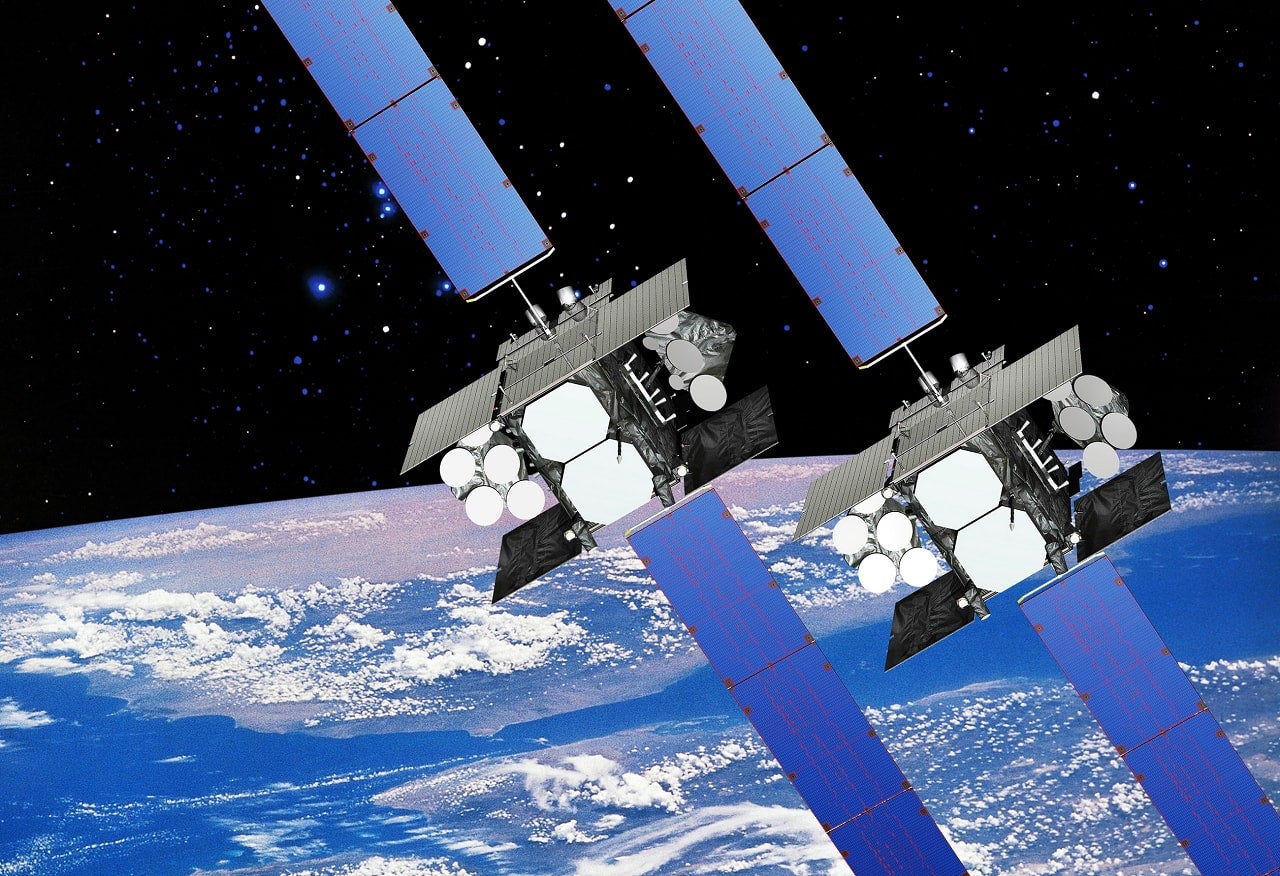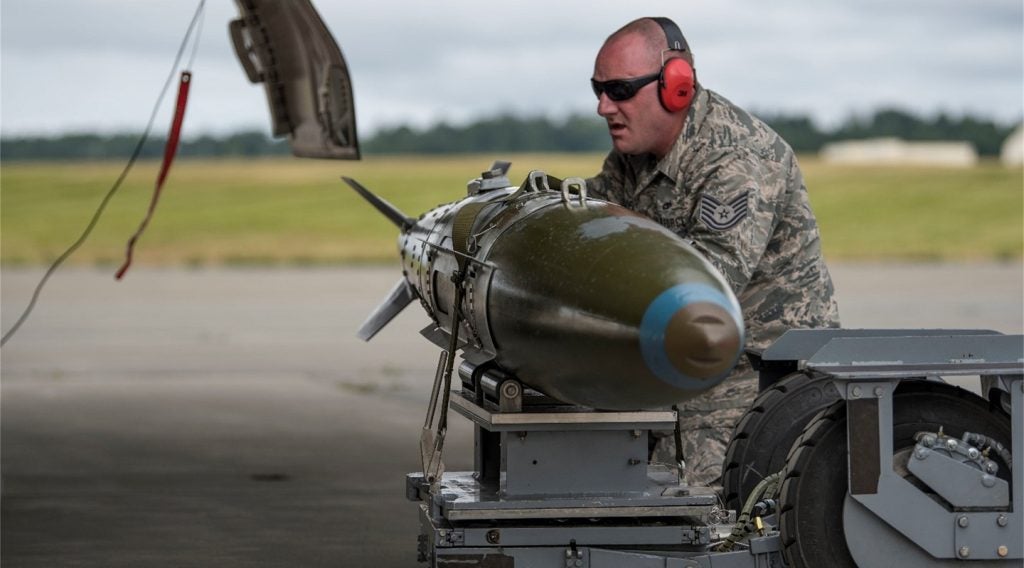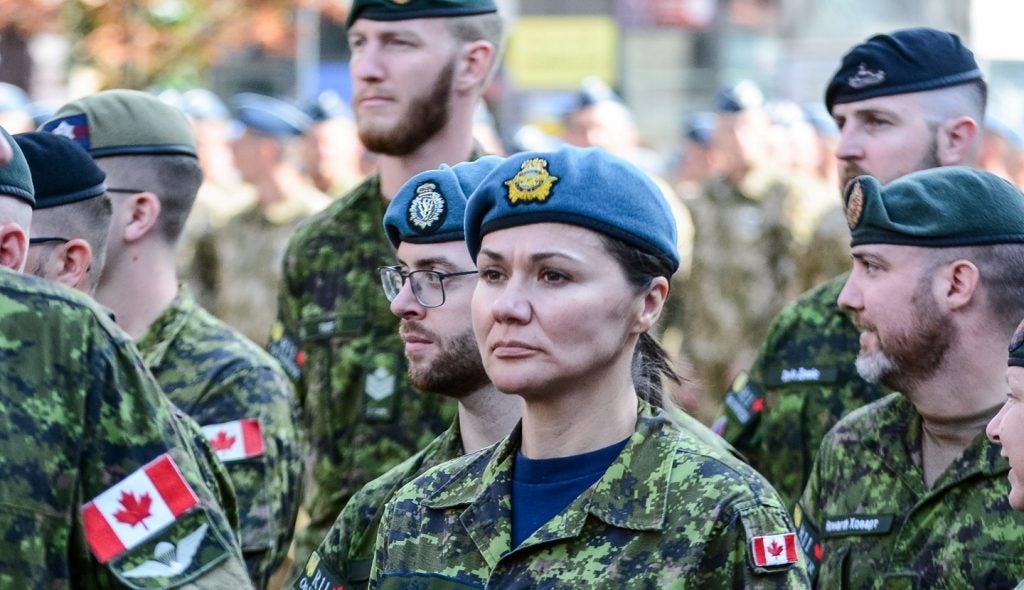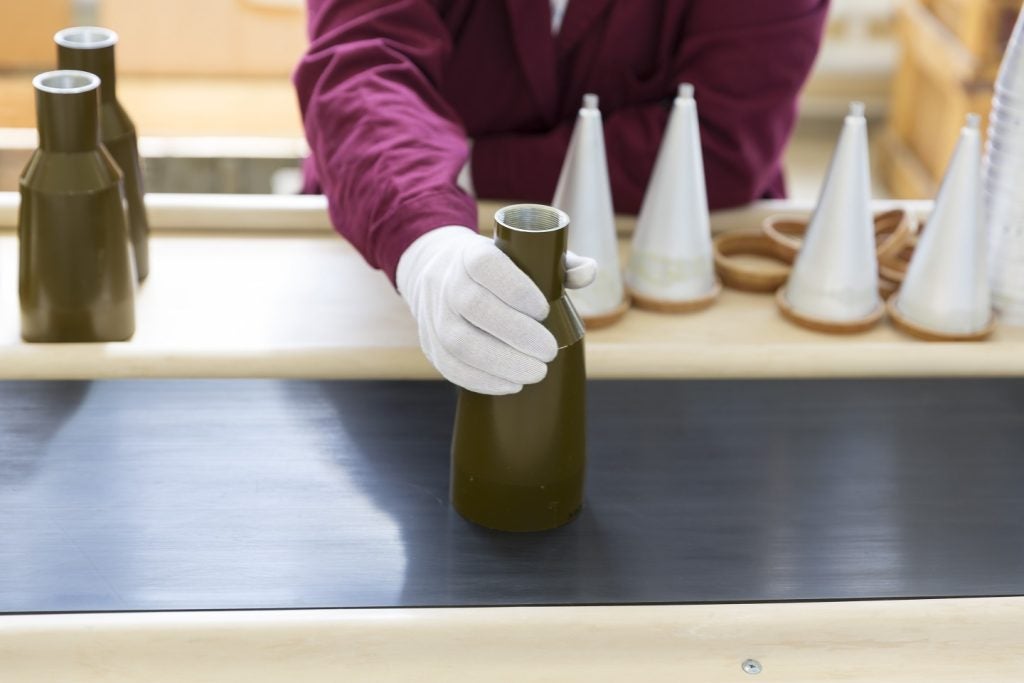
The ten start-ups were awarded up to £53,000 ($66,000) each as part of an international push to rapidly develop new technologies to help the UK, US and NATO maintain an edge in space.
UK Ministry of Defence (MOD) director space Air Vice-Marshal Harvey Smyth announced the winners following a series of live pitches to the conference audience.
The ten winners were 114 AI Innovation from India; Clearbox Systems from Australia; US companies Cognitive Space, precursor spc, Rocket Communications, Slingshot Aerospace, Swim.ai; and UK companies Clutch Space Systems, Riskaware and Telespazio Vega UK and Spire Global UK.
The event marked the first time that an international pitch event of its kind had been held, with funding sourced from the US Air Force (USAF), Royal Air Force (RAF) and the UK’s Defence Science and Technology Laboratory (Dstl).
At the conference, 15 tech companies presented proposals for funding to the UK, US and NATO military leaders after having been downselected to take part in the pitch day.
The event also marked the first that the MOD has awarded same-day contracts in this style.
How well do you really know your competitors?
Access the most comprehensive Company Profiles on the market, powered by GlobalData. Save hours of research. Gain competitive edge.

Thank you!
Your download email will arrive shortly
Not ready to buy yet? Download a free sample
We are confident about the unique quality of our Company Profiles. However, we want you to make the most beneficial decision for your business, so we offer a free sample that you can download by submitting the below form
By GlobalDataSmyth said: “Congratulations to the winners and all those that took part in the first International Space Pitch Day – it has captured the imagination of innovators and militaries not just across the UK and US, but all over the world.”
“It has achieved several world firsts and we look forward to building on its success as we seek to fast-track innovation and cutting-edge technology to the front line quicker than ever before with fresh ways of working with industry to make sure we stay ahead of our shared adversaries and the threats they pose.”
US Air Force Assistant Secretary of the Air Force for Acquisition, Technology and Logistics Dr Will Roper said: “Pitch Days open the government’s aperture to work with commercially-focused companies. Competing for technology outside of our fence lines has been a major U.S. Air Force and Space Force theme. Partnering with our allies to compete globally is the natural evolution.
“Space is especially exciting with so many ideas brought to the table by these firms, and I’m confident international space cooperation has a bright future.”
On the first day of the two-day conference leaders Dstl, the Defence and Security Accelerator, RAF, UK Strategic Command, USAF, US Space Force, and the North Atlantic Treaty Organisation (NATO) discussed the importance of strengthening capabilities in the space domain.
Dstl chief executive Gary Aitkenhead added: “International Space Pitch Day represents an innovative way of working, ensuring that UK and US Defence are able to keep up with the rapid pace of commercial technology development.
“We aim to connect world-class space innovation to military end-users at pace, supported by business and commercialisation training.”
Starburst Accelerator, which works with startups and small and medium-sized enterprises (SMEs), assisted DASA in organising the event. Starburst Aerospace acted as an industry partner to the International Space Pitch Day, carrying out specialist training and mentoring through the Allied Defence Accelerator.
The winning tech
114 AI Innovation offered a toolset that can ‘visualise, assess and analyse’ data streams to allow for Space Command and Control using artificial intelligence (AI). The MOD added: “This toolset enables space operations with allies and commercial partners by allowing visualisation and analysis of multiple different sources of data in real-time.”
Clearbox Systems pitched an AI-enabled decision support system. The company said AI can be used to prioritise and select satellite services ‘based on the Radio Frequency environment’.
Clutch Space Systems from the UK offered its Space Resources Operational Availability Tool (SROAT), designed to provide operators with ‘efficient and autonomous utilisation and assessment of the space assets for planning, and during operations.’ A prototype system is set to include weather forecast interfaces, orbit propagation, satellite and payload simulations and automated mission planning.
Cognitive Space pitched an AI-driven satellite ‘mission planning solution’ that allows for multi-level security and segregated access using blockchain technology. The system is designed to create a common operating picture of space systems while allowing for the filtering of data based on different users’ security clearance.
precursor spc presented a ‘4D Space Weather Impact Tool’ that can create high fidelity, near real-time images of space weather conditions pulling in data from several sources. The MOD added: “This novel approach improves ionospheric observation granularity by +10X while enabling space weather forecasting, and, delivering asset availability and management knowledge for mission readiness.”
Riskaware Limited and Telespazio Vega UK showed a modelling and visualisation tool designed to support ‘battlefield and business operations’ through risk and threat analysis to space assets.
Rocket Communications pitched a ‘SpaceACME’ a system that allows operators to visualise system status, orbits, predicted events and use that to create multiple manoeuvre options for satellites and review them to aid decision making.
Slingshot Aerospace proposed the creation of an ‘active data curation capability’ using machine learning to develop a single catalogue of individual provider catalogues. The system is designed to give space warfighters data trust to improve safety and sustainability.
Spire Global UK offered a system with the ability to produce a ‘space weather recognised environmental picture’, and then convert that into operational action. The MOD added: “This project will demonstrate a new ionospheric scintillation service targeted at Global Navigation Satellite System (GNSS), Satcom and missile defence users.”
Finally, Swim.ai pitched a ‘Real-Time Orbital Situational Awareness Platform (ROSA)’. ROSA is designed to analyse multiple data sources in real-time, create digital twin models of satellites and allow for real-time situational awareness. The system can alert operators of threats to satellites from space weather, intercepts, overflights and more.







